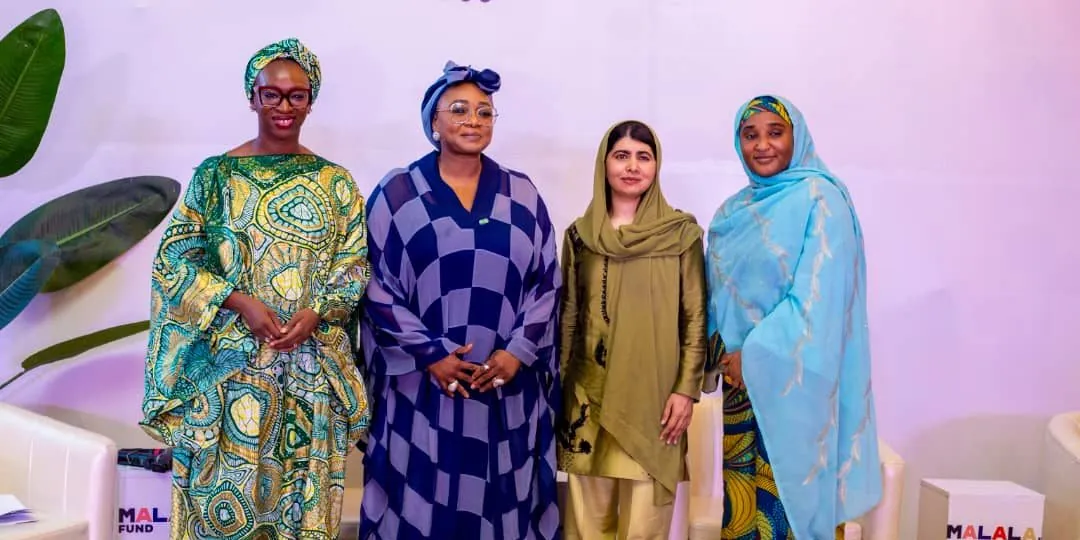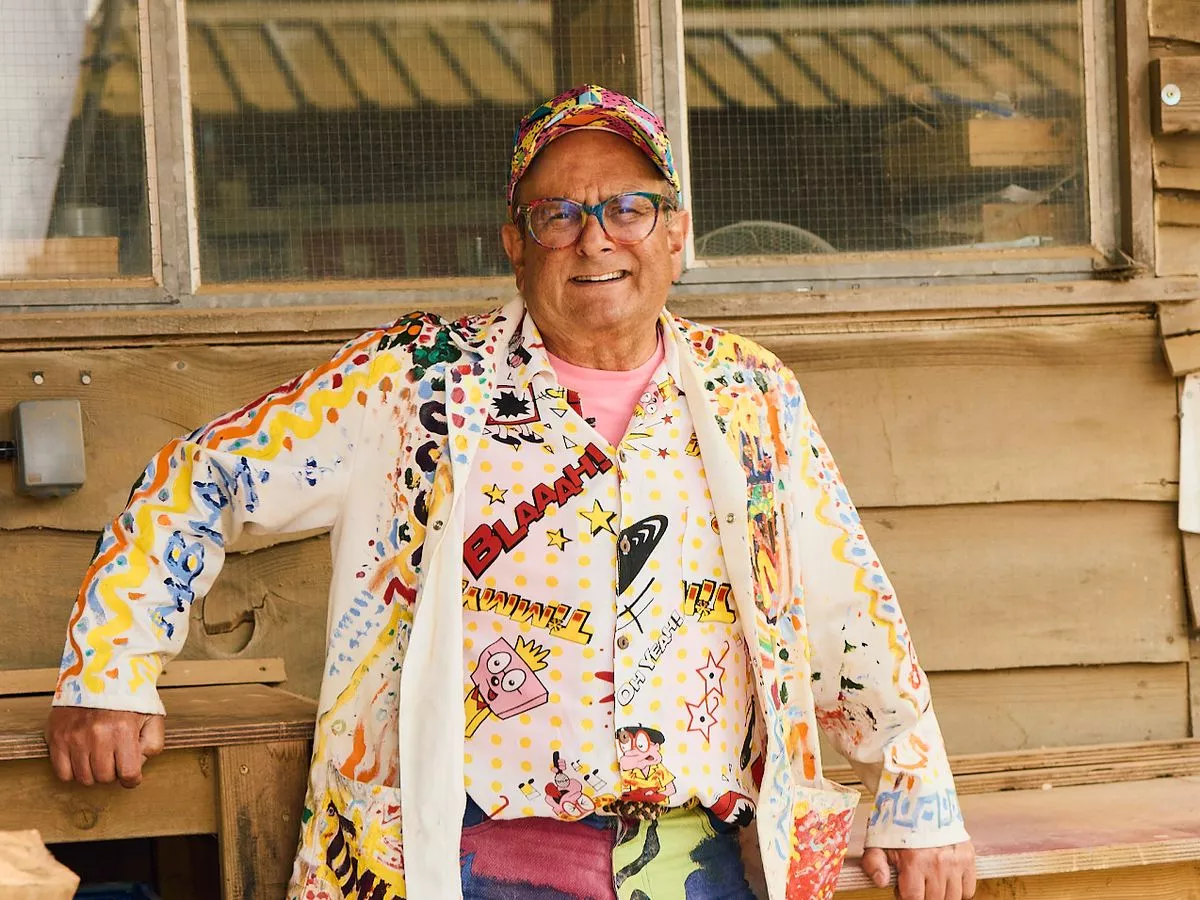By Kazeem Biriowo
Copyright tribuneonlineng

The Malala Fund has commended the collective education activism in Nigeria, particularly noting the crucial role of local education activists and young women and girls in driving change.
During her visit to Nigeria, Malala Fund Co-founder Malala Yousafzai expressed her admiration for the tireless efforts of these individuals.
Malala said, “I’m so honoured to be in Nigeria once again. Nigeria is a very important part of the Malala Fund’s projects.”
“We know that Nigeria has the highest number of out-of-school children, and girls here have the same dream and determination as girls everywhere else to be able to learn and have a future for themselves.”
“The Malala Fund works closely with local partners to understand the complex challenges facing girls’ education in Nigeria. We believe that education is the best solution, education is the best investment in their future,” Malala stated.
Malala also outlined the organisation’s focus on education as a solution against child marriage and forced marriage, re-enrolment of girls in schools, and policy change to guarantee 12 years of education for every girl.
“Our activists have made many achievements in many states of the country in securing better policies, gender-responsive policies for girls,” she added.
The Malala Fund team are committed to collaborating with stakeholders to ensure that policies are implemented and financed to bring real change to girls’ education in Nigeria.
“I met the girls, I met the education activists here in Nigeria, and I am more determined than ever that change is possible, and we will see it happen in our lifetime when every girl in Nigeria will be able to have her right to a complete and quality education.” She said.
Also speaking, the Malala Fund’s Chief Executive in Nigeria, Nabila Aguele, explained the organisation’s impact in the country, citing a decade of investment and activism that has yielded significant results.
“We have had a presence on the ground for 10 years, and have invested about eight million dollars over that time. But impact cannot only be measured in dollars and time.”
“Just last year, one of our partners working with the government of Adamawa state supported that state in launching their first-ever education policy, which was gender-responsive and spoke to the needs of girls and broader communities.”
Aguele underscored the importance of local activism and expertise in driving change for adolescent girls’ education. “Our problems are not being solved by outsiders.
“That’s why I’m proud to lead an organisation that invests exclusively in local activists, local experts who work to inform policy as well as community, and who do so with the voice and the power of the girl in mind.”
“The Malala Fund has focused its efforts in specific states, including Kaduna, Kano, Adamawa, Borno, and Oyo.
“We have selected these states because they have a high need for girls’ education, as well as a robust civil society ecosystem and political will,” Nabila explained.
Aguele pointed out the work of local partners, including Bridge Connect Africa in Kano, which is working on gender-responsive budgeting with the state government, and the Centre for Girls Education in Kaduna, which is pioneering safe spaces for adolescent girls.
“The Malala Fund engages with a range of stakeholders, including policymakers, traditional rulers, and community leaders, to ensure that girls have access to 12 years of quality education.
“This work cannot be done by any one actor. It needs to be owned and driven by government, but also by community.”
Aguele noted that systems change, capacity building, and partnership are crucial in ensuring that policies are informed by the realities and needs of girls.
“We need to ensure that whatever is being done by policymakers is informed by the realities and the needs and the wants of the girls.”
“That’s where we find the disconnect. It’s not always about whether there’s intent or interest. It’s about policies being developed and implemented without the right people at the table.” She said.
The Board Member, Pearl Uzokwe, disclosed that the Malala Fund recognises the crucial role men and boys can play in promoting girls’ education and the organisation is working to engage men and boys in this effort.
“We have to carry them a lot, so they have to have a community entr,y and then you’re buying it,” Pearl said. “How are you doing it? What have been the efforts in terms of engagement as mobilisers for your children in education?”
“Malala Fund is collaborating with men in different spaces to promote girls’ education. “Just as you’ve said, we’ve come to realise that if we are going to achieve the goals and the aspirations that we have for girls, then we are going to have to think about boys and men as allies,” she said.
She noted that fathers often love their children but may not understand the value of girls’ education due to societal norms.
“If we don’t tackle the issues of the social norms that prevent them from understanding the true value, economic and otherwise, of girls being in school, then we are going to have a challenge in our hands,” she said.
ALSO READ TOP STORIES FROM NIGERIAN TRIBUNE



